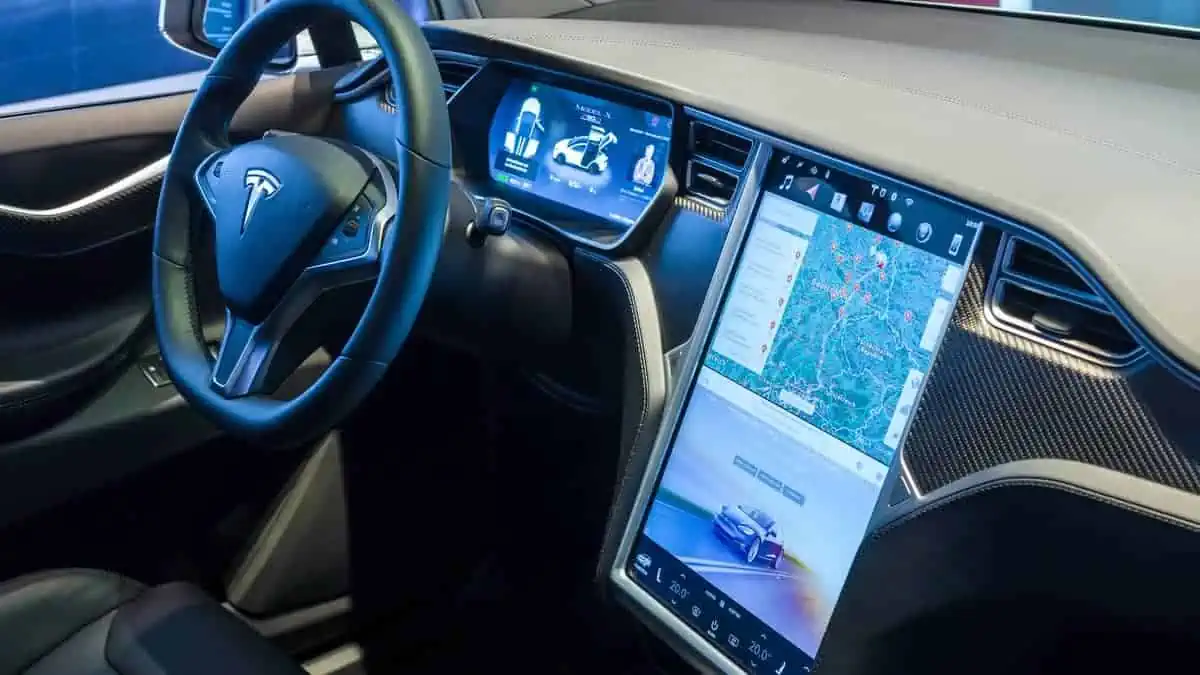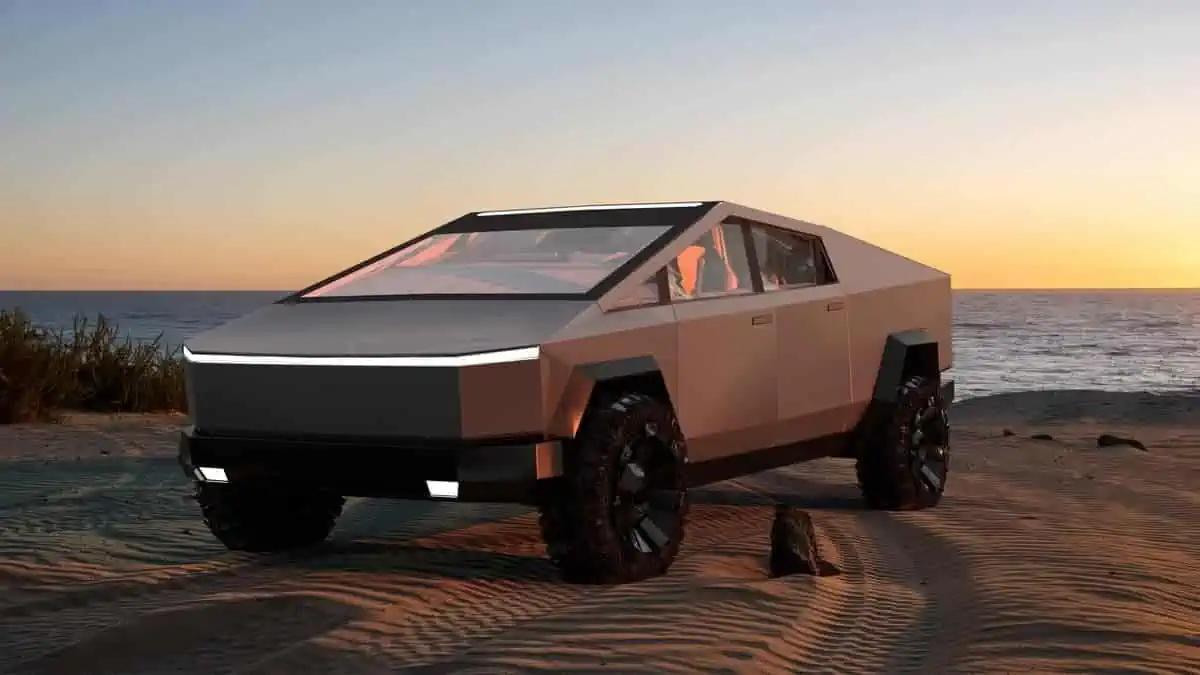Chief Executive Elon Musk announced that Tesla’s Full Self-Driving (FSD) software would not obtain regulatory approval this year, as per InsideEVs. He “indirectly” admits, perhaps for the first time, that the company has yet to convince regulators that its smart cars can be operated without a driver.
Tesla needs separate approval for hands-free driving
On a call last Wednesday, CEO Musk reportedly stated that he anticipates another important FSD Beta update to be released by the end of the year. However, there is still a lot to be done on the system before it can be called final. He further asserted that separate approval from regulators is necessary for allowing hands-free driving on Tesla vehicles.
CEO Musk explained, “The car will be able to take you from your home to your work, your friend’s house, the grocery store without touching the wheel. It’s a separate matter as to will it have regulatory approval. It won’t have regulatory approval at that time.”
Regulatory Scrutiny
The National Highway Traffic Safety Administration (NHTSA) is the regulatory authority that must decide on Tesla cars’ ability to run without a driver. It is closely investigating a series of incidents that allegedly involved Tesla vehicles driving autonomously at the time. The NHTSA requested direct access to FSD Beta this summer to further investigate the system.
“Musk is opening the possibility Tesla will have a more difficult path to approval for FSD given heightened NHTSA (National Highway Traffic Safety Administration) and other scrutiny,” said Craig Irwin, an analyst at Roth Capital.
According to Reuters, the California Department of Motor Vehicles (DMV) stated on Thursday that it “has an ongoing review of the intended design and technological capabilities of Tesla vehicles,” but did not elaborate.
Later, it argued that Tesla’s “full self-driving” beta needed human interaction and was not subject to its autonomous vehicle regulations. As per critics, Tesla avoided state regulatory scrutiny by assuring the DMV that its FSD features do not render the cars autonomous.
“Tensions between NHTSA and Tesla will ramp at the end of the year and Tesla will move forward,” said Gene Munster, a managing partner at venture capital firm Loup Ventures, which owns Tesla shares.
It is worth noting that some analysts believe that Tesla’s biggest problem is the software itself, not the regulators. A University of South Carolina law professor, Bryant Walker Smith, argued, “The impediment is the technology. It is not about approval of that technology.”
Nonetheless, CEO Musk will not be discouraged from pursuing self-driving technology as he expects it to become the company’s primary source of revenue. In fact, the company is apparently developing a major system update for next year to demonstrate to authorities that FSD technology is safer than the average human driver.






